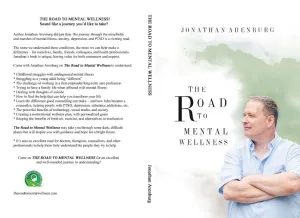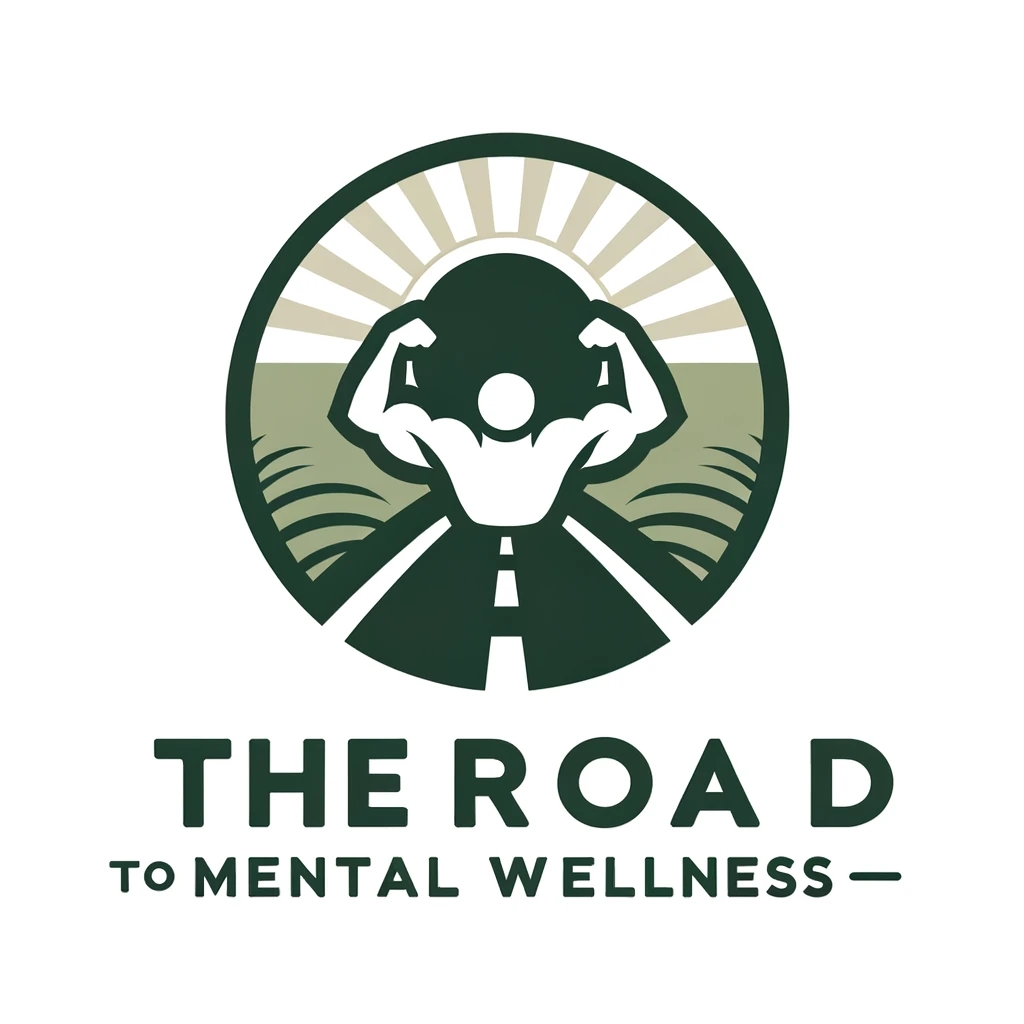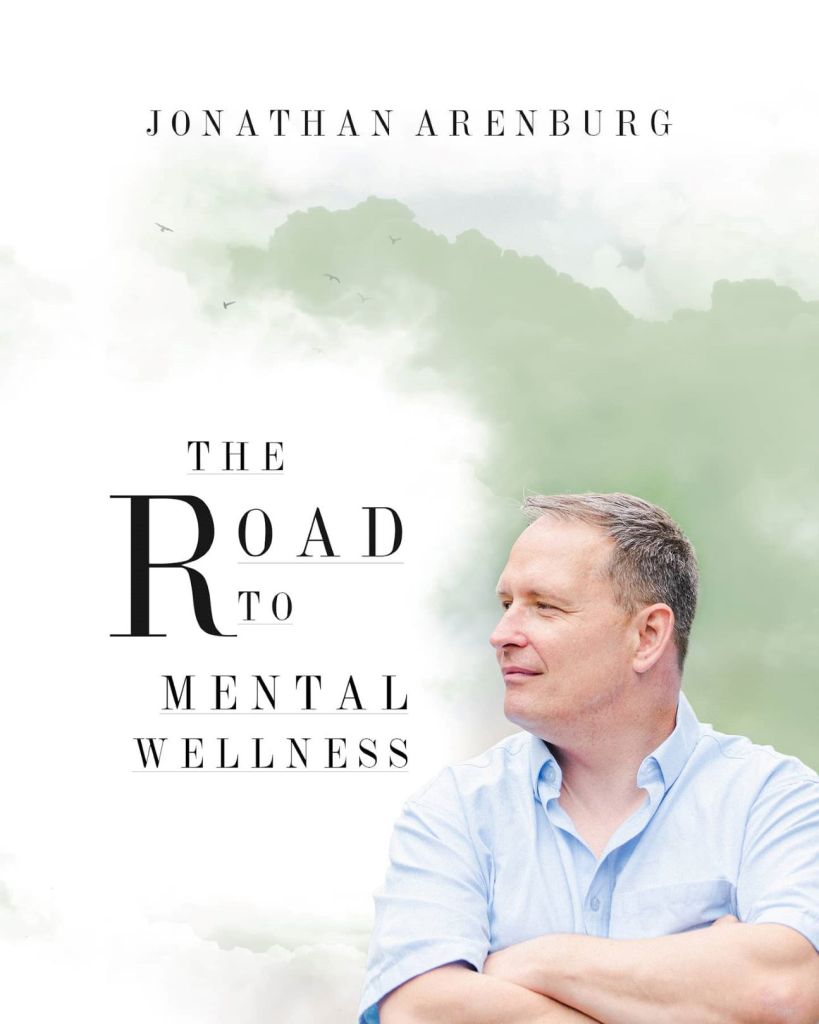“Discover the power of Social Fitness, the key to your healing. Learn the value of quality social interactions and supportive relationships. It’s a mental health miracle.
Follow us
The Word “self” gets kicked around the internet a ton nowadays, I’m sure you’ve seen it in a hashtag or social media post. Self-care, self-love, self-empowerment, and so on. And none of these are inherently wrong. In fact, self-care in the above-mentioned forms is a vital component to one’s mental fitness program. So, whatever you do, be sure to take time out for yourself.
However, many of us today are having such a tough go of it. So, much so, that we would prefer our own company over others. Again, not necessarily unhealthy buuuut when it comes to mental health maintenance too much isolation can be a bad thing.
The Truth About Bed Rotting
If for example, all you look forward to in life is getting home to eat snacks, watch Netflix and lounge in bed until you pass out, it may be work asking yourself. “Do I do my best to balance my life in a way that will improve my mental well-being?” Be honest with yourself and answer honestly.
- Regular Exercise: Physical activity releases chemicals in your brain that make you feel happier and more relaxed. It can also improve your self-esteem and help you concentrate, sleep, and feel better overall.
- Healthy Diet: Eating a balanced diet can have a significant impact on your mood and energy levels. Try to incorporate plenty of fruits, vegetables, lean meats, and whole grains into your diet.
- Adequate Sleep: Sleep has a significant impact on your mood and mental health. Lack of sleep can exacerbate anxiety, depression, and other mental health conditions.
- Spend Time in Nature: Being in nature, or even viewing scenes of nature, reduces anger, fear, and stress and increases pleasant feelings. It can also improve your mood and boost feelings of well-being.
- Mindfulness and Meditation: Practices like yoga, meditation, and deep breathing can help you stay calm and focused, reducing stress and promoting mental well-being.
- Limit Alcohol and Avoid Drugs: These substances can cause or exacerbate mental health issues and can make it harder for your mental health problems to be effectively treated.
Need immediate Help? Go To Talk Suicide Canada
- Take Breaks: In our fast-paced world, it’s important to take time for relaxation and leisure activities. This can help reduce stress and increase your overall happiness.
- Seek Professional Help: If you’re struggling with your mental health, don’t hesitate to seek professional help. Therapists, psychiatrists, and support groups can provide valuable help and guidance.
- Limit Screen Time: Spending too much time on digital devices can contribute to feelings of anxiety and isolation. Try to balance your screen time with other activities.
Last but not least is the all-important social fitness, the subject of this post today. So, what exactly is social fitness anyway? Well, it’s the idea that one is able to interact positively in both personal and professional settings. Think of it like any other form of fitness, one must actively like going to the gym for example. The more you go, the better you get, the healthier you become.
Social fitness is the same. So, working on the elements that can improve your social skills can help you forge connections with others. Take communication skills for example, taking courses on improving them will help ease the anxieties around dealing with others.
Stop by my podcast #thewellnesstalks and give me a follow
In a nutshell, we are taking meaningful action to improve our mental health by strengthening the skills needed to ease the everyday angst of dealing with the world around us.
But social fitness is more than just skill building, it’s about enhancing social connections with those you are close with. So, for example, just as you would set time aside for self-care so too should you prioritize your meaningful relationships. One helpful way of achieving this is by taking courses on time management.
The science of connection
A study conducted by Harvard University over a period of 85 years concluded that those with strong social connections are far more likely to live longer. See link below. The study is significant Because it clearly shows that prioritizing the self and nobody else could theoretically shorten your lifespan. Humans are wired for connection and therefore, thrive when they have strong, healthy connections with people they care about.
Source: Harvard Second Generation Study. (2023). Harvard Study of Adult Development. Retrieved June 28, 2023, from https://www.adultdevelopmentstudy.org/
Perhaps the simplest solution to the problem is, firstly recognizing that it is in fact important and two, purposefully and intentionally balancing self-care with those you love. Additionally, to enrich happiness, the study also suggests that people volunteer and engage in activities you enjoy.
You can see the TED Talk On the Study Here:
More Studies on Social Connection Good Mental Health Longevity
- Advancing Social Connection as a Public Health Priority in the United States by J. Holt-Lunstad, T. Robles, D. Sbarra. This article evaluates current evidence on social relationships and health according to criteria commonly used in determining public health priorities. The authors argue that social relationships should be recognized as a health determinant or health risk marker. Full Text
- Social relationships and physiological determinants of longevity across the human life span by Y. Yang, Courtney E. Boen, K. Gerken, Ting Li, Kristen M. Schorpp, K. Harris. This study provides evidence that social relationships affect health and longevity. The authors found that a higher degree of social integration was associated with lower risk of physiological dysregulation in both early and later life. Full Text
- Potential impact of physical distancing on physical and mental health: a rapid narrative umbrella review of meta-analyses on the link between social connection and health by N. Morina, A. Kip, T. Hoppen, S. Priebe, Thomas Meyer. This study suggests that the link between social media use and health may not only be captured by and explained in terms of conventional dose–effect approaches but may also require a more sophisticated conceptualization and measurement of the social media use behavior. Full Text
With the evidence I’ve presented in this post, I hope that it provides you with good evidence that social fitness is just as important as self-care. But more importantly we should take away this: Humans need social connection; they need exercise and a diet that provides them with stable energy in order to have good mental health. I think it’s time to stop thinking that actively pursuing rest is all you need. Our mental wellness journeys are multifaceted and require action. If all you’re doing is resting, you’re only managing to slug along from one day to the next.
This is not living. I have faith in you that you can add more healing tools for a better life.


Jonathan speaking at the
Jonathan Speaking at the Stop Depression Summit
On February 23, 2023
His talk was on the ways in which you can take back your life when you have trauma and major depressive disorder
Now, you can watch Jonathan Speak at the Stop Depression Summit – FREE!
I was honored to be part of such a wonderfully resource rich summit with some of the foremost experts in the field.
Follow us



Please leave a comment and tell us what you liked about what you read.